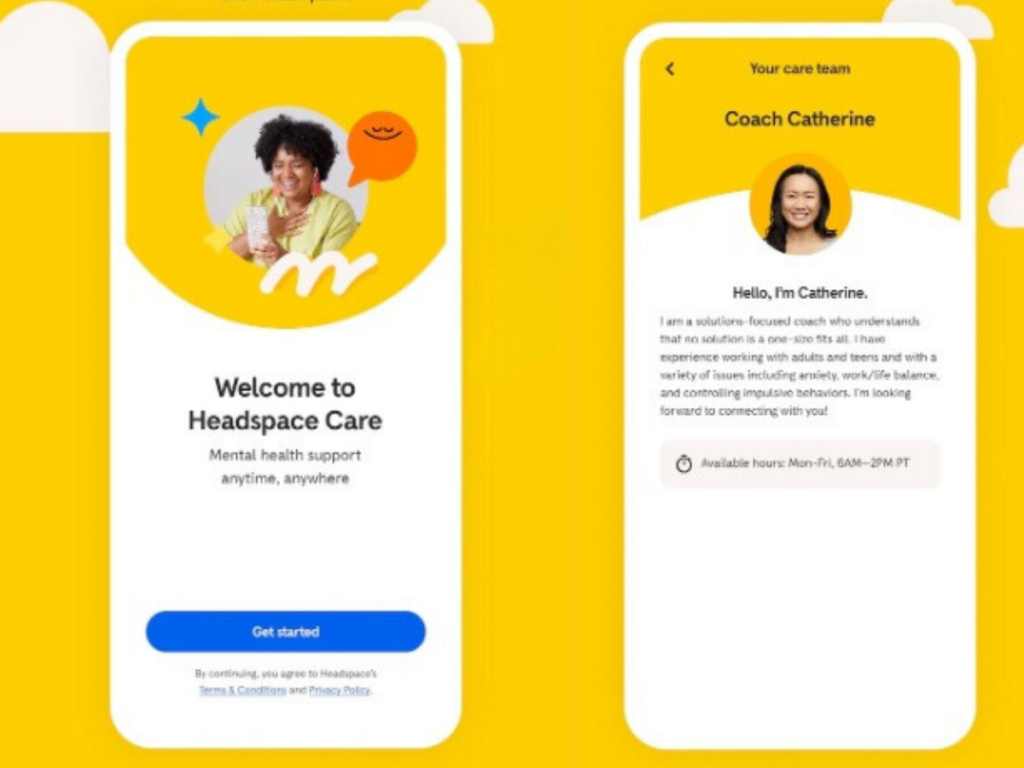
October is National Dating/Domestic Violence Awareness Month. Becca Wallen, associate director of Penn State’s Gender Equity Center, and Julie Heaton, director of Penn State’s Sokolov-Miller Family Financial and Life Skills Center, teamed up to write this post about the important topic of financial abuse. This is part of an ongoing series exploring financial literacy topics.
Navigating the landscape of relationships can be challenging, but when money enters the mix, the stakes can rise significantly. When there is a financial aspect to a relationship, it can be a unifying force or a source of tension because our money behaviors often reflect deeper dynamics and emotions. While financial stability is a common goal for many, differing attitudes toward money can create friction, leading to conflicts or misunderstandings. It is normal to have different opinions about money than your loved ones, but when money is used as a tool for coercion and control, it is important to take notice.
Financial abuse, a less visible yet profoundly damaging form of control, can happen in any partnership that has a financial component. For students, this might be a romantic partnership or a relationship with a family member, employer, co-worker, or friend. Unlike overt forms of abuse, financial abuse subtly undermines a person’s autonomy and well-being, using economic power to manipulate. Financial abuse is quite common in situations of dating violence by a romantic partner and situations of domestic violence by a spouse, partner, parent, or other family member, given that money can either enable you to have options or require you to rely on the abusive person for support and livelihood.
Examples of Financial Abuse
Some examples of financial abuse could include:
- deliberately withholding money or financial support, leaving you unable to cover essential expenses like food, housing, or health care
- tracking every penny you spend, scrutinizing receipts, or demanding detailed explanations for minor expenses that create a sense of financial surveillance and control
- encouraging you to quit a job or work-study position because they will provide you with financial support or controlling another person’s spending accounts
- sabotaging your success by making you late for work and/or preventing you from getting to your job, resulting in poor performance reviews and/or being terminated
- controlling your access to your credit and debit cards, requiring you to come to them for access to finances
- threatening to cut off your financial support or using money as leverage in disputes
- making unilateral financial decisions without consulting or involving the other partner, such as taking out loans, making large purchases, or investing in high-risk ventures
- demanding you cover their tuition, bills, rent, or books expenses, through coercion, guilt, and threats
- requiring you to co-sign a loan for them
- moving in with your partner but their name is the only one on the lease or mortgage, enabling them to control your access to housing and other basic needs
Maintaining healthy relationships and recognizing unhealthy ones
Abuse can take many forms, including physical abuse, sexual abuse, emotional/verbal/psychological abuse, digital abuse, and financial and economic abuse. All relationships exist on a spectrum from healthy to abusive, with unhealthy somewhere in the middle. Different areas of each relationship can fall into different categories on the spectrum. For example, you may have great communication with your partner, but maybe you struggle with jealousy. Your relationship’s overall health can change over time, changing from healthy to unhealthy or abusive. What all abusive relationships have in common is the use of a pattern of abuse including one, some, or all of the various controlling tactics.
The best way to promote healthy relationships involving money is by communicating and establishing boundaries with your partner or family member. Discussing your financial goals, spending habits, and budgeting strategies openly helps align expectations and prevent misunderstandings. Schedule regular check-ins to review your financial situation, celebrate successes, and address any concerns. This dialogue fosters a sense of teamwork and is a great time to practice listening to each other’s financial perspectives and resolving conflicts constructively.
Helpful resources
If you have safety concerns about your partner or a loved one disrespecting your boundaries or controlling your finances and/or academics, there is help. At Penn State, the Gender Equity Center is available to help all students experiencing abuse. Gender Equity staff members can assist with safety planning, discuss your options, and provide you with advocacy and support.
For more resources on navigating money and relationships, Penn State students can utilize the Sokolov Miller Family Financial and Life Skills Center resources, including individual appointments, webinars, and self-study modules.
Related Content:
- Financial Literacy: Credit Score Basics — learn how credit scores are determined and what you can do to improve yours
- World Campus Mental Health Services — if you need help locating a therapist or have other questions or concerns related to mental health, our mental health case managers can assist you



